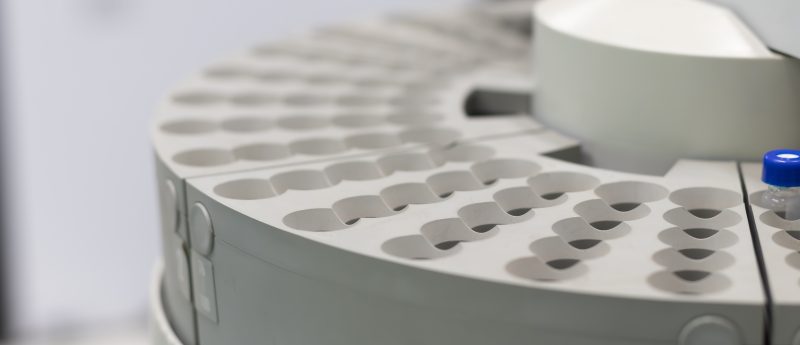New metabolomic platform reveals extent of thermal degradation in GC–MS

Researchers led by scientists at The Scripps Research Institute (TSRI; CA, USA) have observed that GC–MS fundamentally alters the samples it analyzes. The research team used a new data analysis platform, XCMS, during an experiment designed to mimic the GC–MS process. XCMS allowed the researchers to observe small molecules transforming and even disappearing. Their findings were published recently in the journal Analytical Chemistry.
The experiments were initiated when Gary Siuzdak, senior director of TSRI’s Scripps Center for Metabolomics and professor of chemistry, molecular and computational biology, was preparing a short course for students at the American Society for Mass Spectrometry. Siuzdak pondered how heat from the GC–MS vaporization process could affect results and his thoughts led to him running a set of experiments to compare how small molecules responded to thermal stress.
Molecular profiles of as many as 40% of the molecules were altered, indicating that heat from the GC–MS process could dramatically change the chemical composition of the sample. “The results were quite astounding – as this is a technology that has been used for decades,” commented Siuzdak. The findings led Siuzdak and his colleagues to take a closer look at how molecules degrade and transform during GC–MS.
In the main study, the scientists analyzed small-molecule metabolites heated to temperatures of 60, 100 and 250 ͦC, mimicking sample preparation and analysis conditions in GC–MS. The team used XCMS combined with a low-temperature LC–MS technology, proven not to degrade molecules thermally, to determine the extent of the thermal effects.
Significant degradation was observed, even at lower temperatures, while at high temperatures almost half of the molecules were degraded or completely transformed.
Thermal degradation could explain why scientists often detect unknown molecular peaks in GC–MS. These peaks may be by-products of the heating process created by reactions between metabolites as they degrade.
Previously, scientists have noticed changes in specific metabolites; however, it was difficult to see changes in the overall molecular profiles, which contain thousands of molecules. This omics-based study was possible because of the new capabilities presented by the XCMS program. XCMS is a free, cloud-based data analysis technology used to analyze MS data from all over the globe.
“With XCMS, we could expand our study to obtain a global profile of how the metabolites were altered – not just a few compounds,” noted Mingliang Fang, a Siuzdak and TSRI Research Associate.
“Fortunately these problems can be overcome with the use of standards in GC–MS as well as using newer, ambient temperature mass spectrometry technologies, and this report will likely stimulate more scientists to move to these less destructive alternatives,” summarized Siuzdak.
Sources: New TSRI metabolomic platform reveals fundamental flaw in common lab technology; Fang M, Ivanisevicm J, Paul Benton H et al. Thermal degradation of small molecules: a global metabolomic investigation. Anal. Chem. doi: 10.1021/acs.analchem.5b03003 (2015) (Epub ahead of print).




